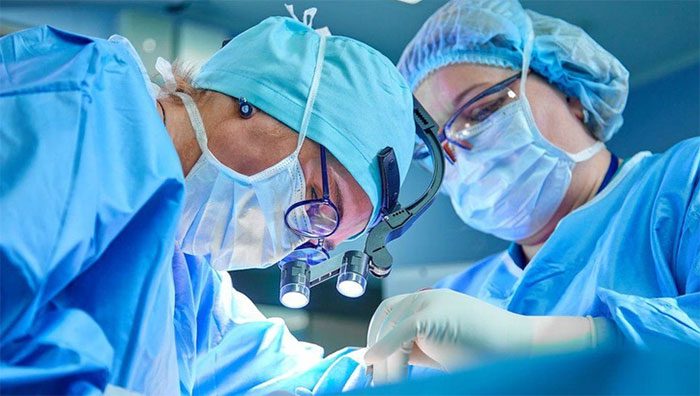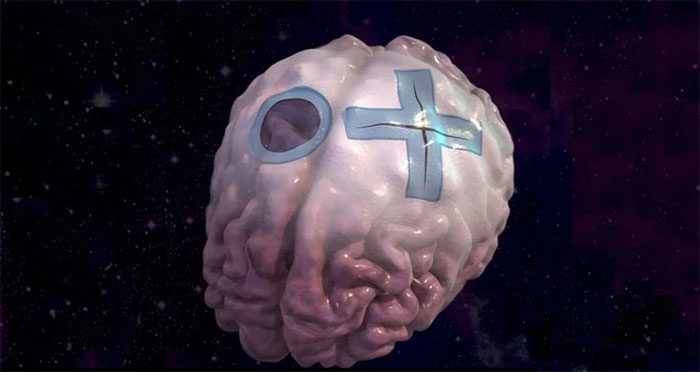A group of American neurosurgeons and biomedical engineers has developed a special type of “glue” for open brain surgeries.
According to IFLScience on March 22, after ten years of searching for new methods to treat damaged tissues, a team led by Professor David Mooney from the Wyss Institute for Biologically Inspired Engineering at Harvard University focused on the mucus of the Dusky Arion snail.

The research team hopes to soon apply the new adhesive in brain surgeries – (Photo: AFP).
This species of snail secretes a special mucus that adheres to surfaces to evade predators. Based on this insight, the team created a hydrogel made from two types of polymers combined with a bonding layer containing chitosan (a material derived from the exoskeletons of crustaceans) and named it Tough Adhesive.
After learning about Tough Adhesive, neurosurgeon Kyle Wu and his colleagues believed that this adhesive was essential for neurosurgeons, particularly for sealing the dura mater after surgery.
The meninges consist of three layers: the dura mater, the arachnoid membrane, and the pia mater, which is the innermost layer. The dura mater itself is quite thick and rigid, resembling the wax coating on cheese or a type of biodegradable plastic wrap.
Conventional options for meninges surgery are not easy to implement, mainly because adhesives do not perform well in moist environments.

Sealing the meninges after surgery is a challenging task – (Photo: SEAS/MIT/Wyss).
By combining their expertise, the team of neurosurgeons and biomedical engineers who created Tough Adhesive developed a new adhesive version called Dural Tough Adhesive (DTA).
They tested DTA on human-derived cells and on animal models, investigating the adhesive’s effectiveness in mouse brains and pig spinal cords. In a series of experiments, DTA proved to be more effective than existing adhesives.
The research team hopes that with such positive research outcomes, DTA will soon be ready for use in real-world surgeries.
The study was published in the journal Science Translational Medicine on March 20.


















































